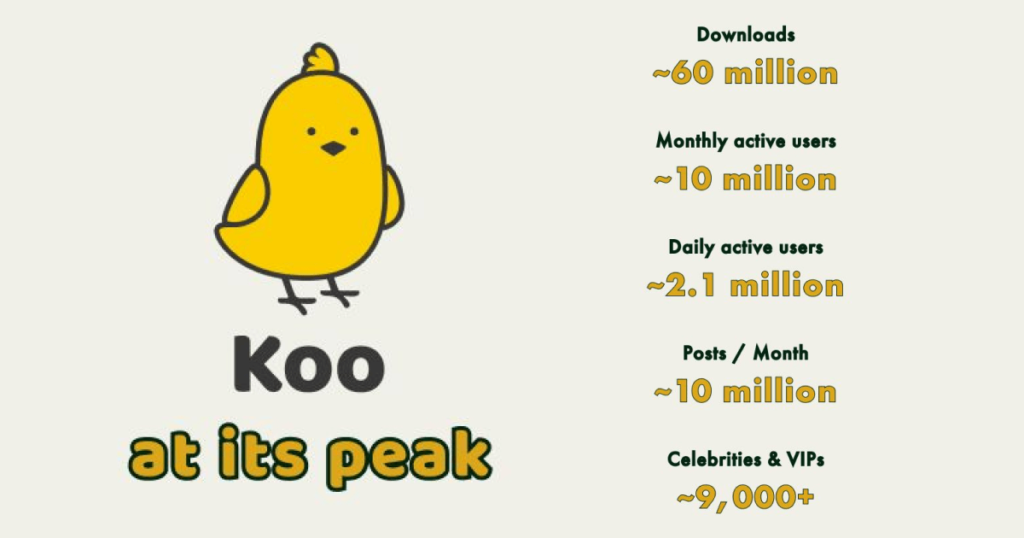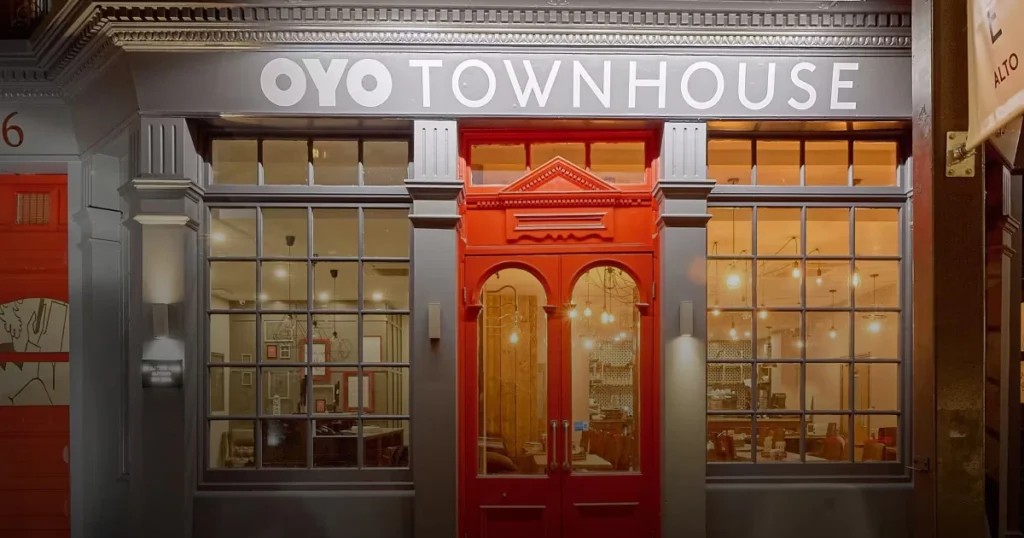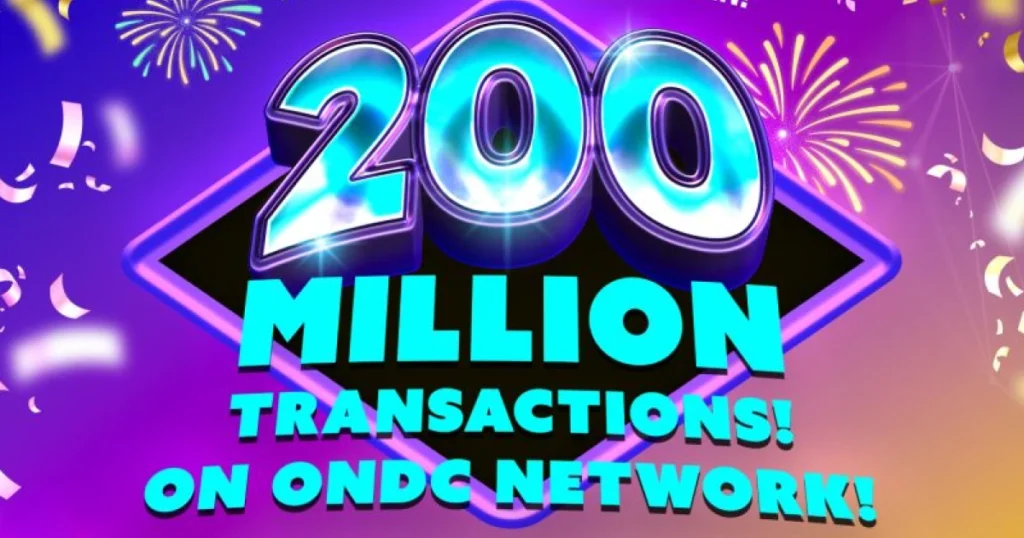Koo, the Indian microblogging platform developed as an alternative to X (formerly Twitter), has announced the cessation of its services.
The 4 year old startup’s decision follows the collapse of acquisition negotiations by potential partners, as revealed by co-founders Aprameya Radhakrishna and Mayank Bidawatka in a LinkedIn post.
“Here’s the final update from our end. Our partnership talks fell through and we will be discontinuing our service to the public. We explored partnerships with multiple larger internet companies, conglomerates and media houses but these talks didn’t yield the outcome we wanted,” the co-founders stated.
Radhakrishna and Bidawatka further elaborated that many potential partners were hesitant to engage with user-generated content due to the wild nature of social media.
Additionally, shifts in priorities among a few potential partners near the final stages of negotiations contributed to the failed acquisition.
“While we would’ve liked to keep the app running, the cost of technology services to keep a social media app running is high and we’ve had to take this tough decision,” they added.
Struggles and Setbacks
Founded in 2020, Koo positioned itself as a challenger to global giants like Twitter in the Indian market.
Koo aimed to bridge linguistic gaps by enabling users to communicate in local languages, rather than just English-dominated platforms.
Despite reaching peaks of 2.1 million daily active users and 10 million monthly active users, along with support from prominent personalities, Koo faced significant challenges in leading years.
The co-founders cited a prolonged funding winter and unsuccessful partnership negotiations with larger internet companies as pivotal factors leading to the platform’s closure.
A Notable Exit
Koo’s shutdown marks a significant event in the Indian tech landscape, reflecting the challenges faced by domestic social media platforms in competing with global giants.
Despite the support from high-profile investors and initial user interest, the platform could not convert them into long term sustainability.
This in turn led to decline in active users, making it difficult to sustain operations amidst financial difficulties. Challenges were further exacerbated by the volatile nature of the social media business.



















